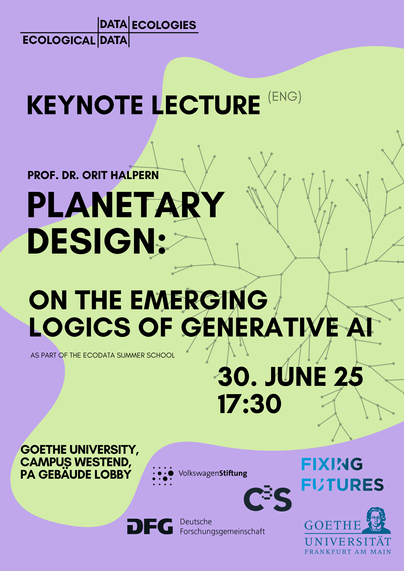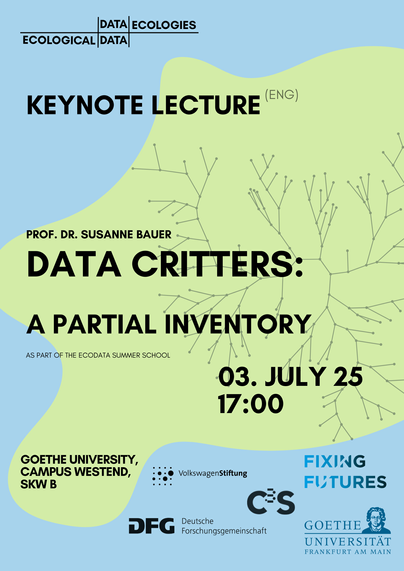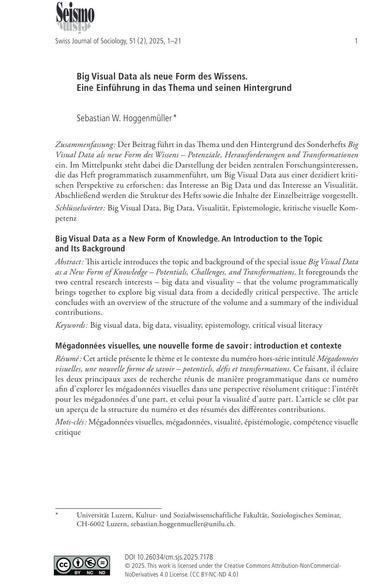"In recent years, critical data studies from the Global South have gained traction, generating debates on power, knowledge production, and the politics of data. While these discussions challenge universalist frameworks, they also risk essentializing the ‘Global South’, requiring a more nuanced approach. This special issue centres Latin America as a site of theoretical, methodological, and empirical inquiry, highlighting its potential to generate new insights into datafication, power, and artificial intelligence. Rather than treating Latin America as a passive recipient of Global North theories, this issue foregrounds its epistemological and methodological contributions to global debates. Engaging with frameworks such as capitalism, coloniality, and dependency theory, the articles explore the region's heterogeneity and intellectual traditions in social sciences, humanities, and science and technology studies. This introduction proposes a research agenda for Latin American critical data studies – one that reflects historical legacies while envisioning possible data futures through interdisciplinary and critical engagement. It interrogates the politics of knowledge production, emphasizing the need for non-extractive, dialogical approaches to studying data in, from, and with Latin America. By centering Latin American scholarship and experiences, this special issue challenges dominant narratives in critical data studies and offers alternative theoretical perspectives that are globally informed yet locally grounded."
https://journals.sagepub.com/doi/10.1177/20539517251330160
#LatinAmerica #GlobalSouth #CriticalDataStudies #STS #AI #Datafication #Capitalism #Coloniality #DependencyTheory


